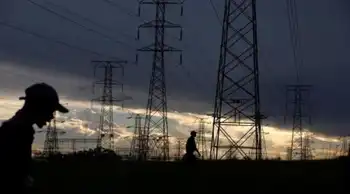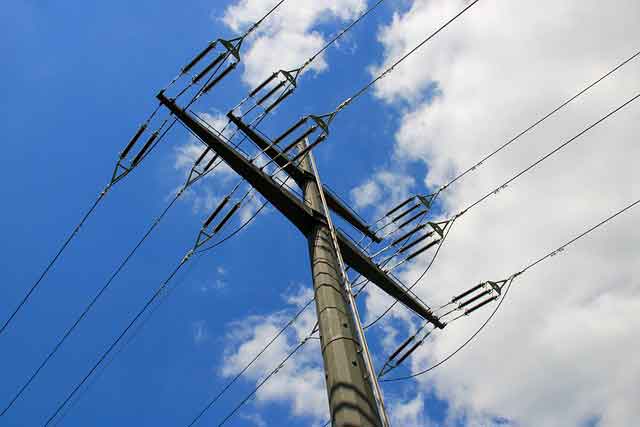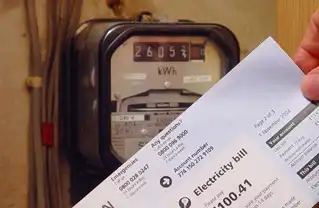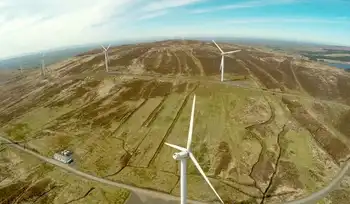US Puts Power Grid Operators On Highest Security Alert
The Department of Energy and the Federal Bureau of Investigation advised Sunday that electricity system coordinators should implement their highest-level security plans as a safeguard against possible retaliation for the U.S. military campaign in Afghanistan, said Ellen Vancko, spokeswoman for the Princeton, N.J.-based North American Electric Reliability Council.
NERC is the voluntary industry group that coordinates power-grid reliability rules and procedures.
Power-grid operators stepped down from operating at the highest security-alert level one day after the Sept. 11 suicide attacks on the Pentagon and World Trade Center.
U.S. nuclear power facilities have remained on notice to operate at the highest level of security alert since Sept. 11.
NERC anticipated resuming the highest-level alert once U.S. military retaliation began.
On Sunday, NERC advised transmission facility coordinators to resume operating at the highest security level after being briefed by DOE and the FBI's National Infrastructure Protection Center.
"When they go to full alert, they notify us we should do the same," said NERC's Vancko, who declined to detail what procedures are implemented under the stage-three security alert level.
Whether or not the security alert will be stepped down again depends on the FBI and DOE, Vancko said, noting that NERC conducts daily security coordinator calls with the federal agencies.
"We operate at the pleasure of NIPC on this issue," she said of the FBI's infrastructure-protection center.
Related News

Nigeria's Electricity Crisis
NIGERIA - In Nigeria, millions of residents face persistent challenges with access to reliable electricity, a crisis that has profound implications for businesses, public services, and overall socio-economic development. This article explores the root causes of Nigeria's electricity deficit, its impact on various sectors, and potential solutions to alleviate this pressing issue.
Challenges with Electricity Access
The issue of inadequate electricity access in Nigeria is multifaceted. The country's electricity generation capacity falls short of demand due to aging infrastructure, inadequate maintenance, and insufficient investment in power generation and distribution. As a result, many Nigerians, particularly in rural and underserved urban…





